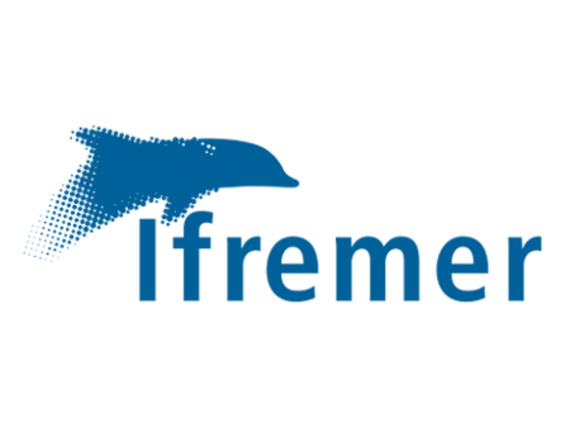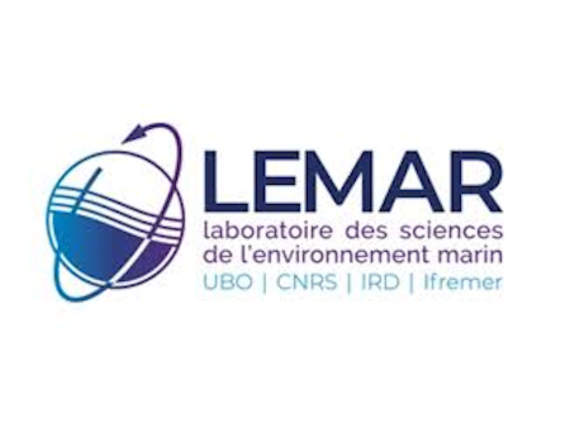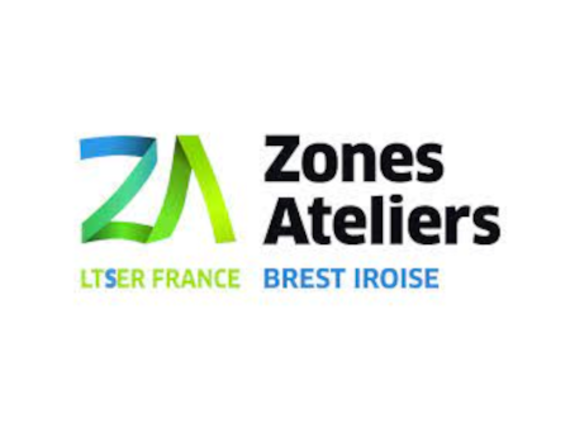ETICS - In situ trophic ecology of benthic marine suspension feeders by metabarcoding
Using DNA to study food resource sharing by a community of benthic suspension feeders
ETICS project aims to apply the metabarcoding technique to study the use of trophic resource by a community of benthic suspension feeders, and more specifically to test each of the methodological stages and validate a processing chain from sampling to data analysis.
For this purpose, we chose the subtidal reef formations formed by flat oysters, Ostrea edulis, which were once an emblematic habitat of the Bay of Brest. These populations, now residual or even cryptic, are the focus of specific efforts to conserve and restore them. Associated suspension feeders include the variegated scallop (Mimachlamys varia), the red tubworm (Serpula vermicularis) and the long clawed porcelain crab (Pisidia longicornis).
Food resources play a decisive role in the structure and functioning of coastal benthic communities. Suspension feeders, which dominate these communities, are highly plastic in their diet, but phytoplankton and resuspended phytobenthos represent a major source. Several methods are used to study diets. They are complementary, and each has its advantages and limitations. In recent years, the use of molecular methods (metabarcoding) has grown considerably. Indeed, their ability to detect the DNA of degraded prey and their high taxonomic resolution are undeniable advantages, enhanced by ongoing improvements in sequencing techniques, helping to reduce costs. However, their application to benthic marine suspension feeders is still limited, and several technical steps remain critical.
Scientific contact: Aline Gangnery (Lebco), Flavia Nunes (Lebco)









